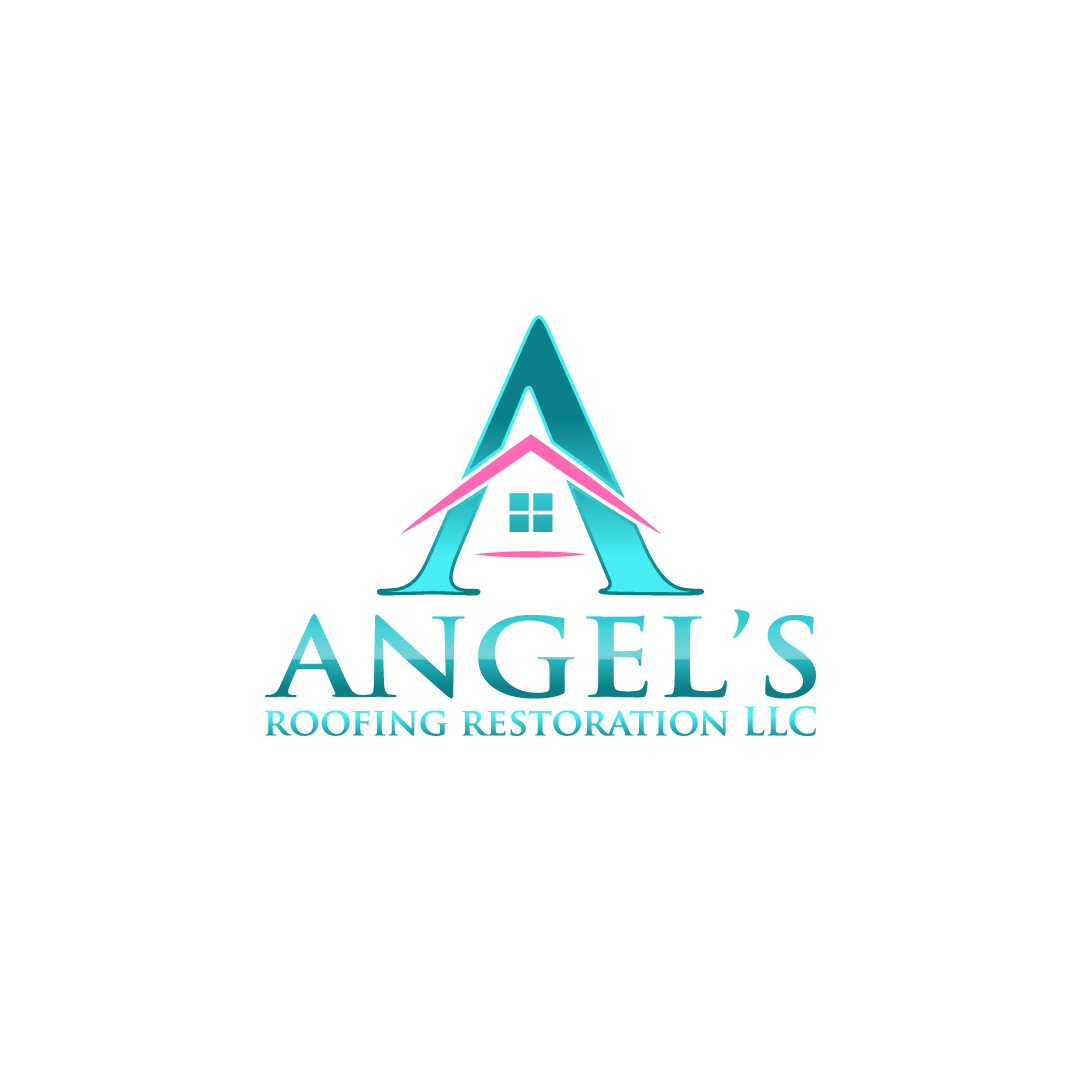Choosing the right contractor for your roofing project is crucial to ensuring quality workmanship and a positive experience. Here’s a guide to help you navigate the process and find a contractor you can trust.
Research and Recommendations
Research: Start by researching local roofing contractors. Look for companies with a solid reputation and years of experience in your community. Online reviews and testimonials from previous customers can provide valuable insights into a contractor’s reliability and the quality of their work.
Recommendations: Seek recommendations from friends, family, and neighbors who have recently had roofing work done. Personal referrals are often a reliable way to find a reputable contractor who delivers excellent results.
Experience and Expertise
Experience: Evaluate the experience of each contractor you consider. A well-established contractor with years of experience is more likely to have the knowledge and expertise to handle your roofing project effectively.
Expertise: Consider the contractor’s specialization. Some contractors may specialize in specific types of roofing materials or services, such as residential or commercial roofing. Choose a contractor whose expertise aligns with your project needs.
Communication and Contracts
Communication: Effective communication is essential throughout your roofing project. Choose a contractor who listens to your concerns, answers your questions promptly, and keeps you informed about project timelines and progress.
Contracts: Before hiring a contractor, review the contract carefully. Ensure it includes detailed information about the scope of work, materials to be used, project timelines, payment terms, and warranties. A clear and comprehensive contract helps prevent misunderstandings and protects both parties.
Insurance and Warranty
Insurance: Verify that the contractor has adequate insurance coverage, including liability insurance and workers’ compensation insurance. Insurance protects you from liability in case of accidents or property damage during the project.
Warranty: Inquire about the warranty offered on materials and workmanship. A reputable contractor should provide a written warranty that guarantees their work for a specified period. Understanding the warranty terms ensures you’re protected against defects or issues that may arise after the project is completed.
Conclusion
Choosing the right contractor for your roofing project requires careful consideration and research. By following these guidelines and selecting a reputable contractor with experience, expertise, and clear communication, you can ensure your roofing project is completed successfully with high-quality results. Invest time in finding the right contractor upfront to enjoy a durable, well-installed roof that enhances the value and safety of your home.
Blog Post: Benefits of Regular Home Inspections: Protecting Your Investment
Regular home inspections are essential for maintaining the overall condition, safety, and value of your home. Discover the benefits of scheduling regular inspections and how they can protect your investment.
Roof Inspection Importance
Importance: Your roof plays a crucial role in protecting your home from weather elements and maintaining its structural integrity. Regular roof inspections help identify minor issues before they escalate into costly repairs or damage.
Frequency: Schedule a professional roof inspection at least once a year, ideally before and after severe weather seasons like winter or summer storms. Additional inspections may be necessary after significant weather events or if you notice signs of roof damage, such as leaks or missing shingles.
Structural Integrity
Evaluation: During a home inspection, a qualified inspector will assess the condition of your roof, including shingles, flashing, gutters, and ventilation. They’ll look for signs of wear and tear, damage, or areas needing repairs.
Preventative Maintenance: Addressing minor issues early through regular inspections and maintenance helps prolong your roof’s lifespan and prevents more extensive repairs or premature roof replacement.
HVAC and Electrical Systems
Assessment: Home inspections also cover essential systems such as heating, ventilation, air conditioning (HVAC), and electrical systems. Inspectors check for proper functionality, safety concerns, and potential efficiency improvements.
Safety and Efficiency: Regular inspections ensure your HVAC and electrical systems operate safely and efficiently, reducing the risk of breakdowns, improving energy efficiency, and enhancing overall comfort in your home.
Conclusion
Investing in regular home inspections is a proactive approach to protecting your investment and ensuring your home remains safe, comfortable, and valuable. By scheduling routine inspections with a qualified inspector, you can identify and address potential issues early, maintain your home’s structural integrity, and enjoy peace of mind knowing your property is well-maintained.
Prioritize regular inspections as part of your home maintenance routine to safeguard against costly repairs, extend the lifespan of your roof and systems, and preserve the overall value of your home for years to come.

